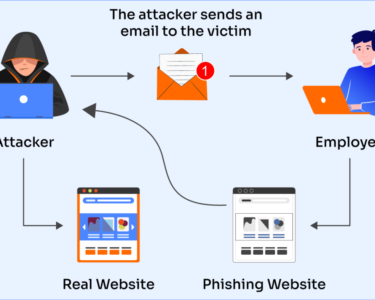
Preventive Measures in Digital Security
In today’s digital age, protecting our personal and sensitive information online is paramount. Cybercrimes are becoming increasingly prevalent, making it crucial to implement robust preventive measures to safeguard our digital assets.
1. Use Strong Passwords:
- Create unique, complex passwords for each account.
- Avoid using personal information, such as names or birthdates.
- Consider using password managers to generate and store secure passwords.
2. Enable Two-Factor Authentication (2FA):
- Add an extra layer of security by requiring a second form of authentication, such as a code sent via SMS or an authentication app.
3. Keep Software and Operating Systems Updated:
- Software updates often include security patches that address vulnerabilities.
- Regularly check for and install updates for your operating system, software, and apps.
4. Be Wary of Phishing Emails and Smishing Texts:
- Avoid clicking on links or opening attachments in suspicious emails or text messages.
- Hover over links to verify their legitimacy before clicking.
5. Use a VPN When Connecting to Public Wi-Fi:
- Virtual Private Networks (VPNs) encrypt your internet traffic, protecting it from eavesdropping on public Wi-Fi networks.
6. Back Up Your Data Regularly:
- Protect against data loss due to malware, hardware failure, or other incidents.
- Back up your important files to multiple locations, such as external hard drives, cloud storage, or online backup services.
7. Use Antivirus and Anti-Malware Software:
- Install reputable antivirus and anti-malware software to detect and remove malicious software.
- Keep it up-to-date to ensure maximum protection.
8. Limit Personal Information Sharing:
- Be mindful about the personal information you share online.
- Avoid posting sensitive information on social media or public forums.
9. Be Vigilant About Social Engineering Attacks:
- Be aware of tactics used by cybercriminals to trick you into revealing personal or sensitive information.
- Trust your instincts and never share sensitive data over email or phone with someone you don’t know.
10. Educate Yourself About Digital Security:
- Stay informed about the latest cyber threats and best practices.
- Attend workshops, read articles, or follow reputable sources on digital security.
Conclusion:
By implementing these preventive measures, you can significantly enhance your digital security and protect yourself from online threats. Remember that digital security is an ongoing process that requires constant vigilance and adaptation to the evolving landscape of cybercrime. By staying proactive and educated, you can safeguard your personal information, financial assets, and digital reputation.



